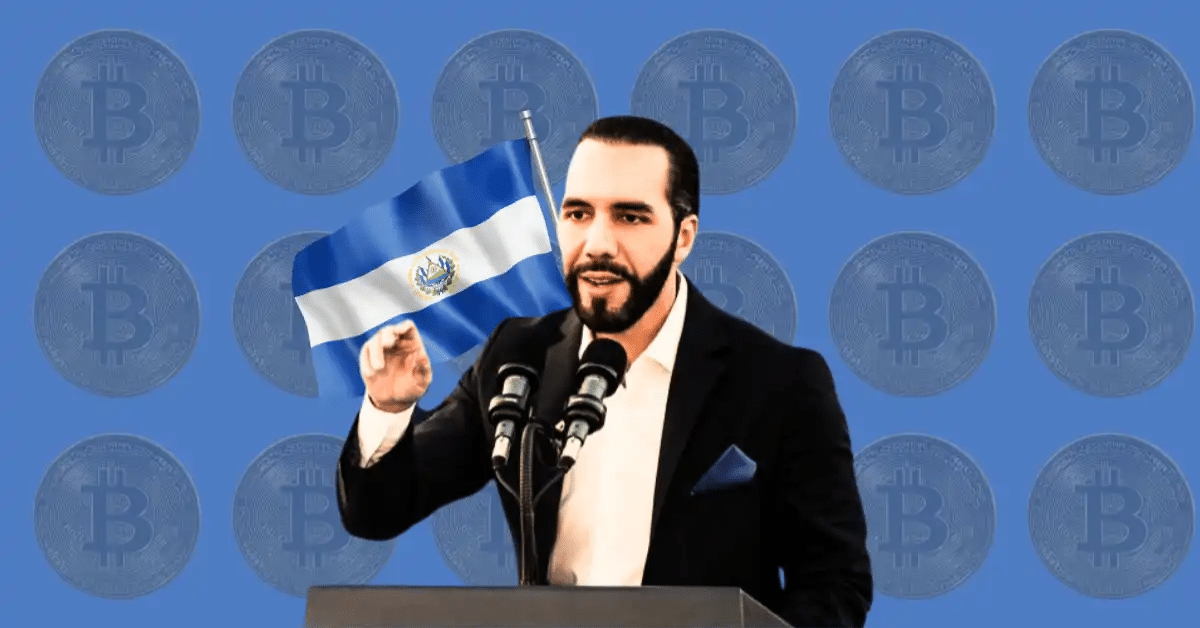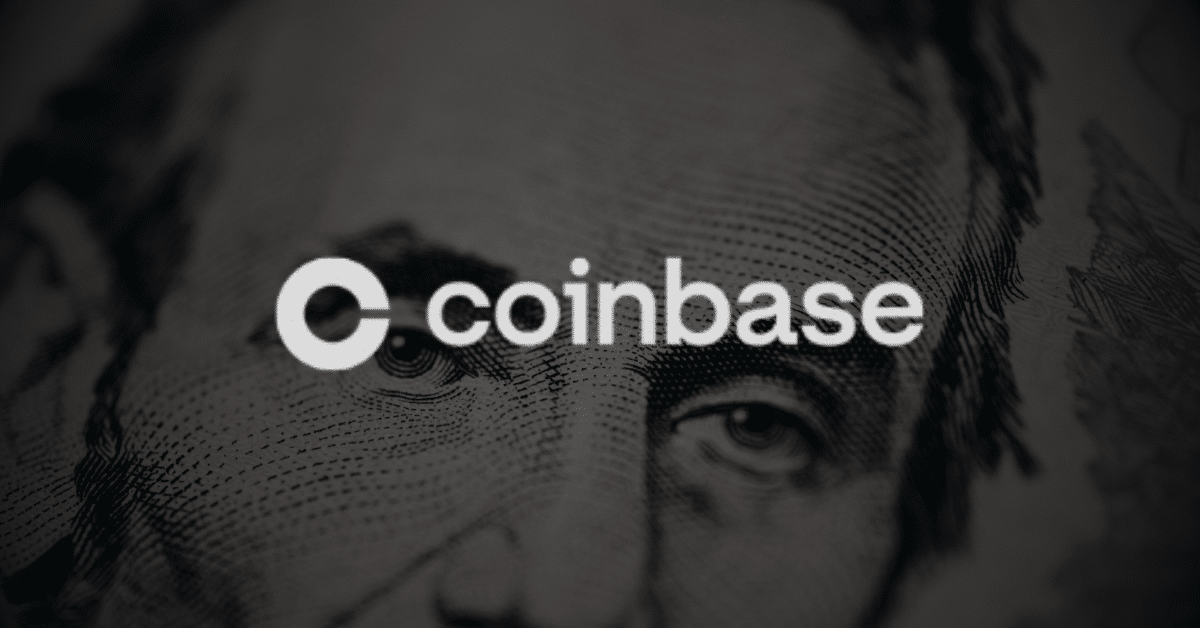Key Takeaways
- El Salvador’s Bitcoin portfolio expanded to over $644 million in unrealized profit.
- The country has continued to defy pressure from the IMF on its daily Bitcoin acquisition strategy.
- The US and Bhutan also explore national Bitcoin reserves, signaling broader global interest.
El Salvador’s BTC bet brought huge profits, as the country realized over $644 million in unrealized profits from Bitcoin revenue.
According to a social media post by El Salvador President Nayib Bukele, the profit reflected Bitcoin’s latest rally, which is approaching its previous record-high of $108,786.
While the total may have since retracted to around $637 million, El Salvador’s Bitcoin National Office says its stash has ballooned more than $137 million over the past 30 days. The Bitcoin revenue boost came after the flagship cryptocurrency briefly flirted with its all-time high during Sunday trading and touched $106,500 before settling to $103,172, according to CoinGecko data. Commenting, an analyst from Bitfinex stated:
“Bitcoin is rallying due to a combination of macro relief, strong ETF inflows, and growing expectations that the Fed will maintain policy flexibility amid softening economic data.”
Pressure to Stop Accumulation
Currently, El Salvador’s total investment in BTC is $287,183,812. Realized profit remains at $0, indicating no sales from its holdings. The latest data shows a 12.15% increase year to date, adding $69.8 million in value to the portfolio. Bitcoin’s price recovery during early 2024 played a significant role in the growth, pushing El Salvador’s portfolio’s value from $25.4 million to a recent high of $655 million.
The surge in the country’s Bitcoin revenue comes amidst pressure that El Salvador has continued to defy quietly and accumulate more BTC despite securing a $1.4 billion IMF loan last December. Among the conditions tied to the loan was a requirement that the Salvadoran government roll back public-sector crypto involvement that sought to remove Bitcoin’s legal tender status.
No, It’s Not Stopping
However, according to the country’s Bitcoin Office, technically outside the fiscal sector’s definition, El Salvador has continued its “one Bitcoin a day” acquisition policy. IMF Western Hemisphere Director Rodrigo Valdes was concerned about the supposed defiance last month.
“In terms of El Salvador, let me say that they continue to comply with their commitment to the non-accumulation of Bitcoin by the overall fiscal sector.”
In response to the statement, El Salvador President Nayib Bukele maintained that the Bitcoin policy was there to stay and stated:
“This all stops in April.’ ‘This all stops in June.’ ‘This all stops in December.’ No, it’s not stopping.”
Conclusion
El Salvador’s surging Bitcoin revenue comes when Bitcoin is trading at over $103K after briefly hitting the $106,500 mark and seems headed toward a new all-time high. With 6,181 BTC in its holdings, El Salvador currently ranks as the sixth-largest sovereign Bitcoin holder, trailing the US, China, the U.K., Ukraine, and Bhutan, as per Bitcoin Treasuries data. There’s no doubt that other countries are watching closely, and some are already taking action.
Frequently Asked Questions
Is El Salvador’s Bitcoin strategy still alive?
Despite the pressure from the IMF, President Nayib Bukele remains committed to the Bitcoin strategy. The Legislative Assembly passed amendments removing Bitcoin as a compulsory payment method and tax payment option, which was necessary to unlock IMF funding.
Why did El Salvador adopt Bitcoin as a legal tender?
El Salvador made Bitcoin an official currency to boost financial inclusion and offered incentives for its adoption. However, a lack of trust caused the use of the cryptocurrency to fall off quickly.
Why did Bitcoin fail in El Salvador?
The law, enacted in 2021, required all businesses to accept Bitcoin alongside the US dollar, but many merchants struggled to adopt it. Widespread skepticism, technical issues, and Bitcoin’s volatility made it unpopular among the majority of citizens.























